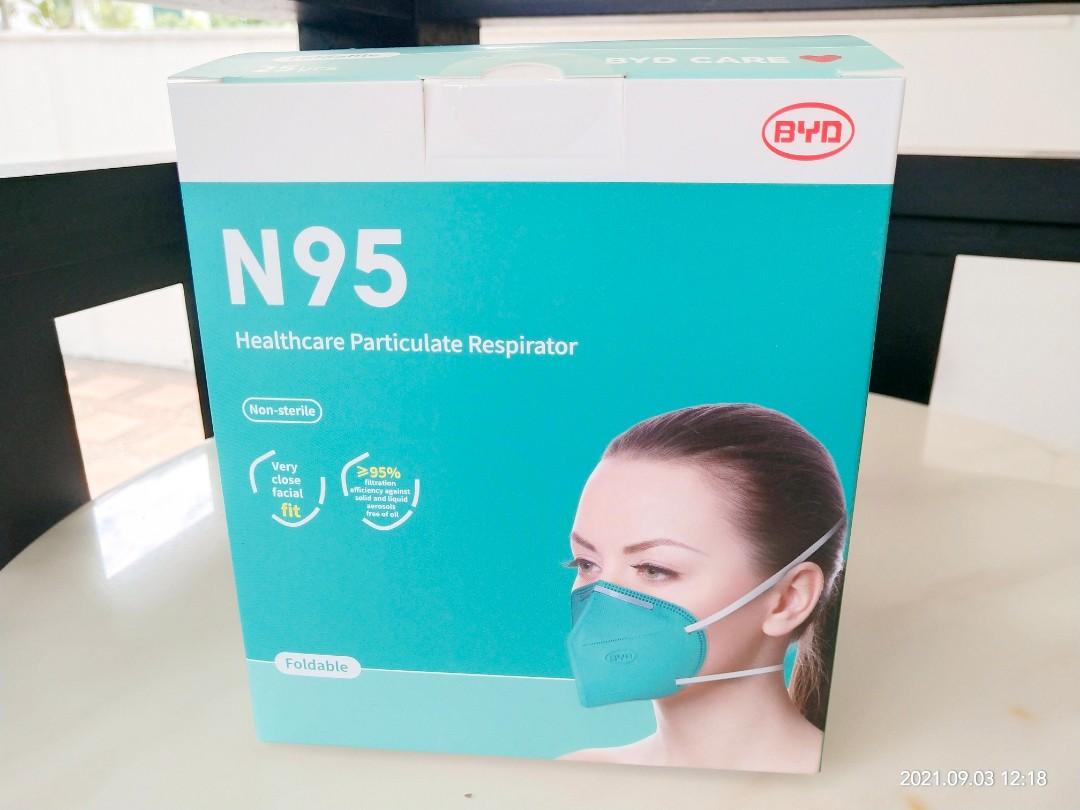- Joined
- Feb 26, 2019
- Messages
- 12,449
- Points
- 113
An N95 Is the Best Mask for Omicron. Here's Why

Getty Images
BY JAMIE DUCHARME
UPDATED: JANUARY 18, 2022 9:42 AM EST | ORIGINALLY PUBLISHED: JANUARY 13, 2022 2:29 PM EST
As health officials scramble to minimize spread of the highly contagious Omicron variant, many experts have recommended that people switch from cloth or surgical masks to more-protective N95 and KN95 masks.
The U.S. Centers for Disease Control and Prevention’s (CDC) current mask guidance does not explicitly recommend one type of mask over another, instead specifying that people should choose the most protective and well-fitting mask they can wear consistently. But on Jan. 14, the agency released more detailed information about the differences between masks and confirmed that some—like N95 respirators—are more protective than others, like cloth and surgical masks.
The federal government also is trying to make medical-grade respirators more accessible to the general public. On Jan. 13, President Joe Biden said his administration will soon provide the public with free N95 masks, though he has not yet provided detai
After living with COVID-19 for almost two years, many people remain confused about which masks to wear and why. In the earliest days of the pandemic, federal health officials explicitly told members of the public not to wear masks, in a somewhat misguided attempt to preserve supplies for health care workers. Then, in April 2020, the CDC changed its guidance to recommend masks—but specifically asked people to wear cloth face coverings rather than medical masks to reserve inventory for health care workers.
Supply has stabilized since then, yet many Americans continue to wear either cloth or flimsier surgical masks instead of N95 or KN95 respirators. Here’s what to know about wearing a mask during the Omicron wave.
What are the differences between masks?
It remains true that any mask is better than none. But all masks aren’t equal.A properly worn N95 respirator can filter out up to 95% of particles in the air, thanks to its tight fit and synthetic material, which is made up of a web of tiny fibers charged with electrostatic energy. KN95 masks, which are the Chinese equivalents of N95s, are meant to meet the same filtration standard, but there’s less regulatory oversight of their manufacturing. KF94 masks, meanwhile, are made in South Korea. When manufactured according to Korean government standards and worn properly, they filter out up to 94% of particles.
Surgical masks do not fit as tightly and provide significantly less filtration than N95s, according to a 2020 study published in JAMA Internal Medicine. Cloth masks act as a physical barrier but typically provide even less filtration than surgical masks.


